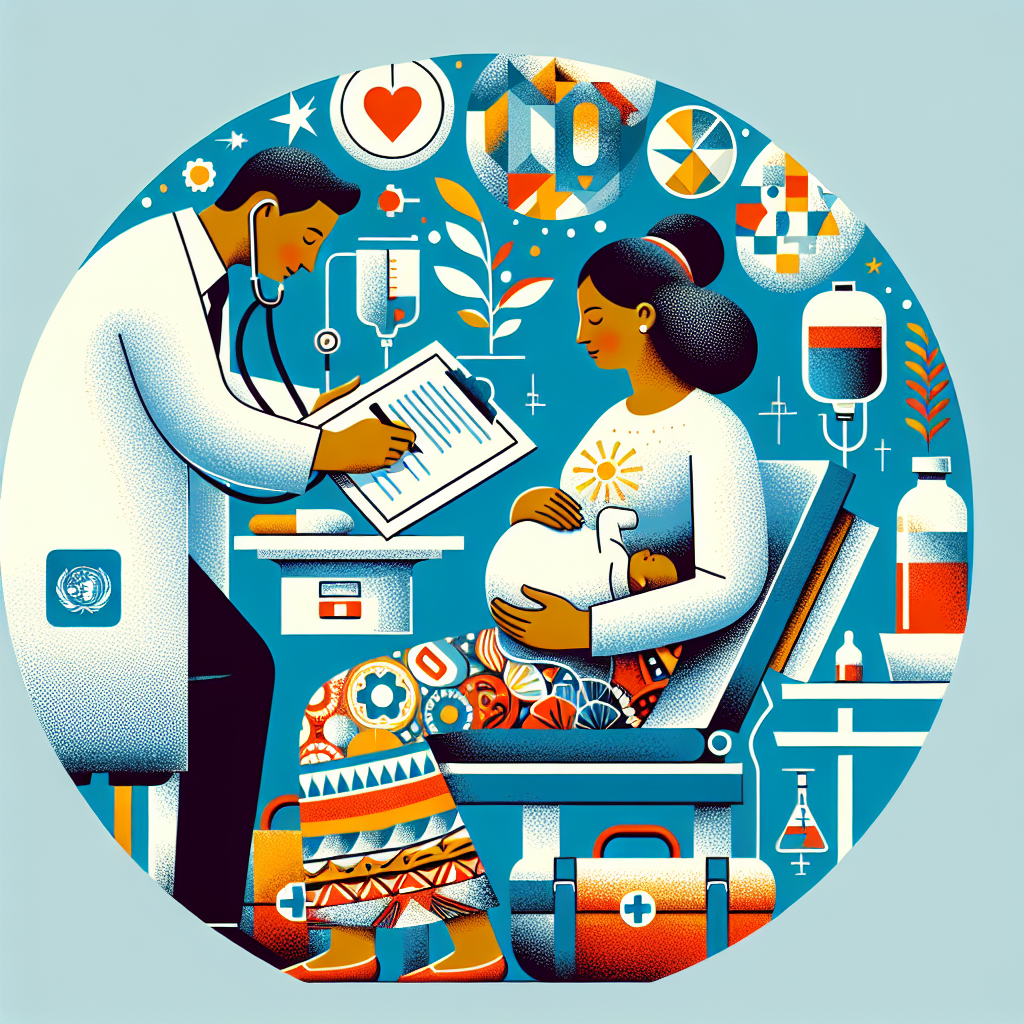WHO Recommendations on Pregnancy and Childbirth
Introduction
Pregnancy and childbirth are two of the most significant events in a woman's life. These are moments full of joy, but also of questions and uncertainties. Fortunately, the World Health Organization (WHO) provides a number of recommendations and guidelines to ensure the health and safety of both mothers and their babies. This article aims to shed light on the most important aspects that the WHO considers essential during pregnancy and childbirth.
Family Planning and Expected Pregnancy
The first step before considering pregnancy is family planning. The WHO recommends that every pregnancy be desired and planned ahead of time. This means making sure you are in the best possible health before conception and that you have access to all the information and resources you need to make informed choices about reproduction.
Regular Medical Follow-up
Once pregnancy has been confirmed, the next essential step recommended by the WHO is to start antenatal check-ups immediately. These regular visits to the doctor are fundamental for monitoring the development of the fetus and the health of the mother. Both the tests and the medical advice received during these check-ups are crucial in preventing possible complications.
Food and Nutrition
Healthy eating plays a key role in a healthy pregnancy. The WHO emphasizes the importance of a balanced and nutritious diet that includes all essential nutrients for both mother and child development. Iron and folic acid supplements are often recommended to prevent anemia and birth defects.
Moderate Physical Activity
Regular, moderate physical activity is recommended by WHO during pregnancy. Exercise such as walking, swimming or prenatal yoga can contribute to better fitness and help manage stress and anxiety.
Avoiding Harmful Habits
Giving up smoking, alcohol and any substance that can harm the health of the fetus is essential. The WHO warns of the risks these habits carry, including premature birth, low birth weight and a range of long-term health problems for the baby.
Preparing for Birth
As the expected date of birth approaches, WHO recommends that pregnant women prepare for the birth event by opting for a birth plan and discussing pain management options with their doctor. It is also important to establish the place of birth early and ensure access to quality medical care.
Birth Care
Birth should be as natural a process as possible, with medical interventions applied only when strictly necessary. WHO promotes vaginal birth and skin-to-skin contact immediately after birth, which are shown to have significant benefits for both mother and baby.
After birth
The period immediately after birth is critical for both mother and newborn. WHO recommends monitoring the health of both and starting breastfeeding as soon as possible after birth to provide the baby with essential nutrients and strengthen the bond between mother and baby.
Conclusion
By following WHO pregnancy and birth recommendations, mothers can ensure the best possible start for their babies and maximize their chances of having a positive and uncomplicated experience. It is vital that every woman is well-informed, communicates openly with health care providers, and is active in decisions about her own body and the health of her baby. Be sure to visit our mom and baby section for more valuable information and resources, or subscribe to our newsletter for the latest news and tips.














































































































































